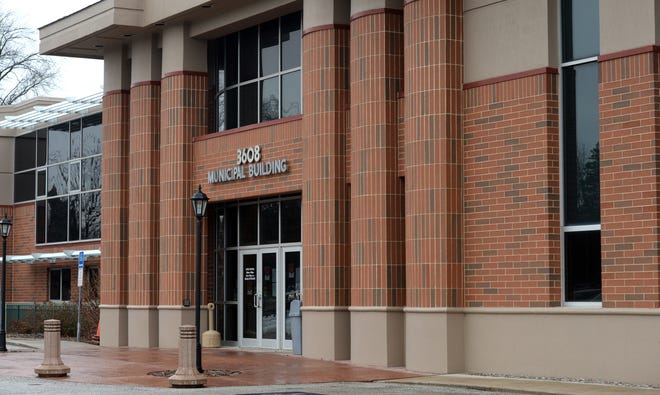Mill Creek residents who support a referendum for a government study committee in November have no interest in considering home rule government for the town.
Residents say Pennsylvania cities and counties governed by locally written home-rule charters may not have the tax caps currently included in the second-class township law that regulates Mill Creek and most of the state's more than 1,500 townships.
“Home rule would eliminate many of the limitations on tax increases contained in the second class township law on property taxes and wage taxes, and we could be subject to other new taxes,” Art Origelli said.
Origelli said a government study committee should instead look at Mill Creek's current form of government to determine whether it meets the town's needs or whether it should be replaced with a different form of government that operates under the provisions of the second-class town ordinance.
Mill Creek's three elected supervisors are full-time employees who manage the town's operations. Other options include government by mayor and council, or government by a professional manager and non-employee supervisors.

Township attorney Mark Shaw said the study committee could look at other forms of government operating under the second-class township code, self-government or both.
“I don't want to disrupt the town's home rule charter consideration,” said Origieri, a former businessman who ran for Erie County commissioner in 2017.
“When people hear 'home rule,' they think of Erie County and they vote against the government review board,” said former county supervisor Sue Weber.
Of Pennsylvania's 25 most populous townships, most are governed by professional managers and non-employee supervisors. Three townships have home rule governments, according to information compiled by Mill Creek residents helping with local government research. Locally, Erie and Edinboro townships operate under home rule charters.
Mill Creek supervisors are scheduled to vote Tuesday on an ordinance approving a November ballot item asking whether a seven-person study committee should look into an alternative form of government for the town. If voters approve the study, committee members would also be elected.
Voters will then have a say in the changes recommended by the government's review committee.
A government study committee elected by Mill Creek voters in 2011 recommended the township continue to operate under Pennsylvania's second-class township law, which allows supervisors to decide whether to hire a manager, expand the board of supervisors or reorganize township government. Township residents can approve or reject that decision by re-electing or not re-electing the supervisors in the next election, committee members said in the report.
The Superintendent will consider a referendum:Should Mill Creek establish a new government investigative committee?
Contact Valerie Myers at vmyers@timesnews.com.


